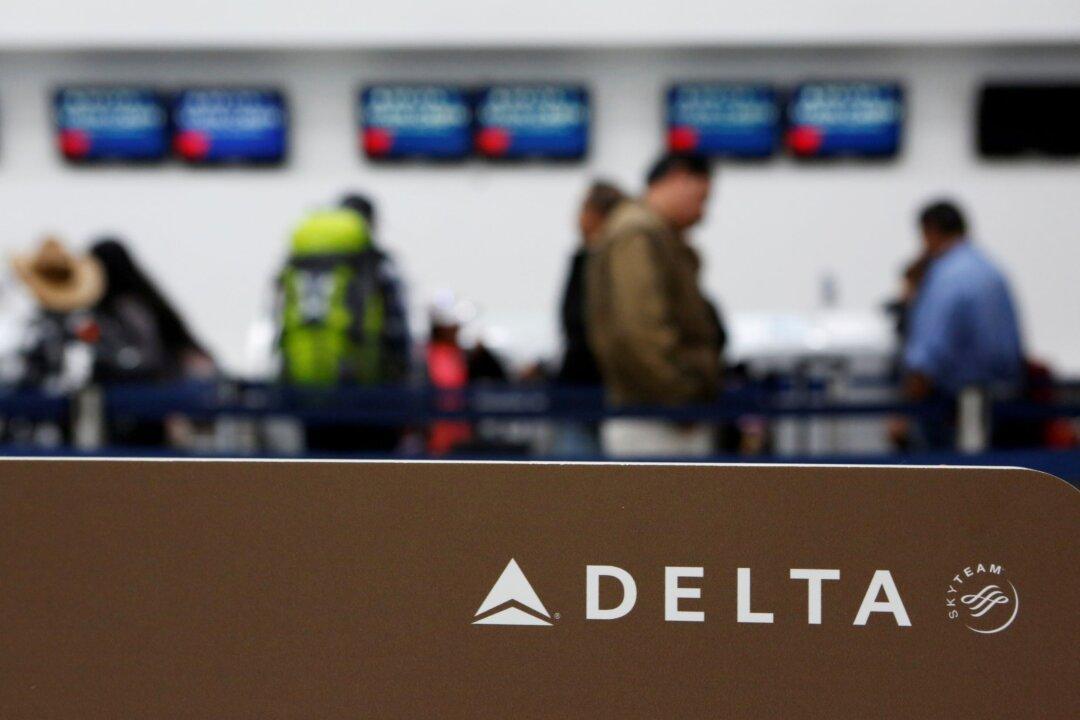Atlanta-based Delta Air Lines is asking the Supreme Court to review a lower court ruling extending the application of California’s wage-and-hour laws, because flight attendants who report to a California airport to begin their multi-day, multi-state work shift actually spend the lion’s share of their workweek outside of the state.
The case is Delta Air Lines v. Oman, court file 21-396, an appeal from the often-reversed U.S. Court of Appeals for the 9th Circuit. The respondents, who are four current or former flight attendants who seek to represent a class of Delta Air Lines flight attendants who have performed work in California, have until Nov. 12 to file a response with the Supreme Court.





